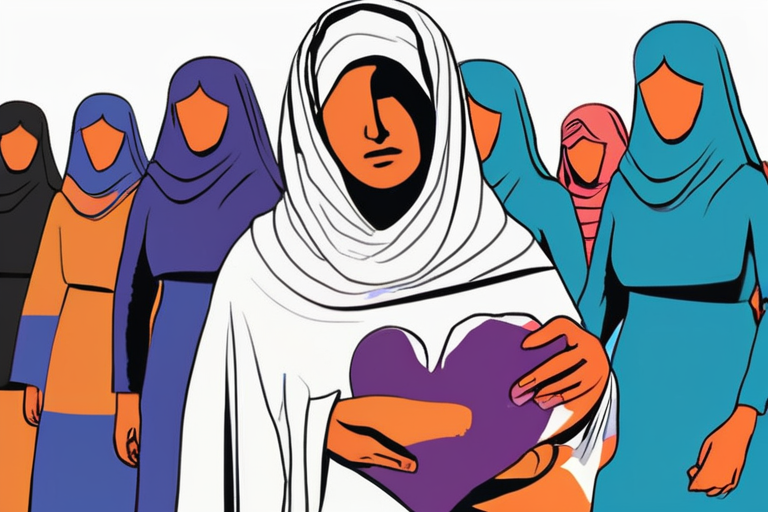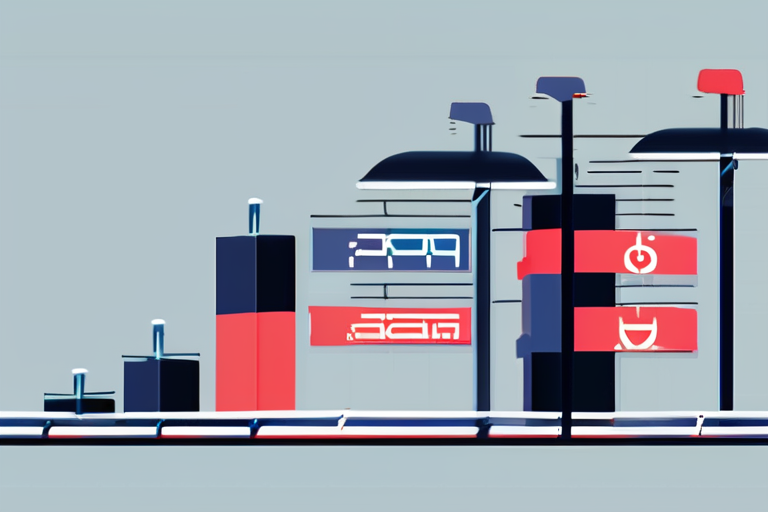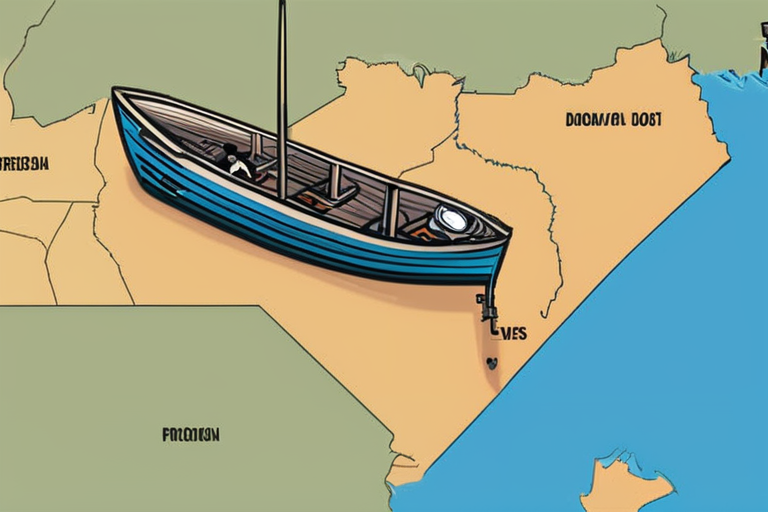Mothers in Gaza Defy Genocide: Giving Life Amid Unrelenting Violence


Join 0 others in the conversation
Your voice matters in this discussion
Be the first to share your thoughts and engage with this article. Your perspective matters!
Discover articles from our community

 Hoppi
Hoppi

 Hoppi
Hoppi

 Hoppi
Hoppi

 Hoppi
Hoppi

 Hoppi
Hoppi

 Hoppi
Hoppi

Kalshi Outpaces Polymarket in Prediction Market Volume Amid Surge in U.S. Trading In a significant development in the rapidly evolving …

Hoppi

Breaking News: Devastating Boat Accidents Claim Lives of 193 in Northwestern DR Congo At least 193 people have lost their …

Hoppi

Breaking News: Sean Combs to Face Sentencing After Year in Custody on Split Verdict Sean Combs, the music mogul, is …

Hoppi

Netflix Rounds Out Cast of 'The Age of Innocence' Limited Series In a significant development, Netflix has completed the casting …

Hoppi

Trump's Controversial Homelessness Solution Draws Comparison to Blue States' Existing Practices WASHINGTON, D.C. - President Donald Trump's plan to address …

Hoppi

Congregation Shaare Zion in Brooklyn Requires Voter Registration for High Holidays Services In a move that has sparked debate among …

Hoppi